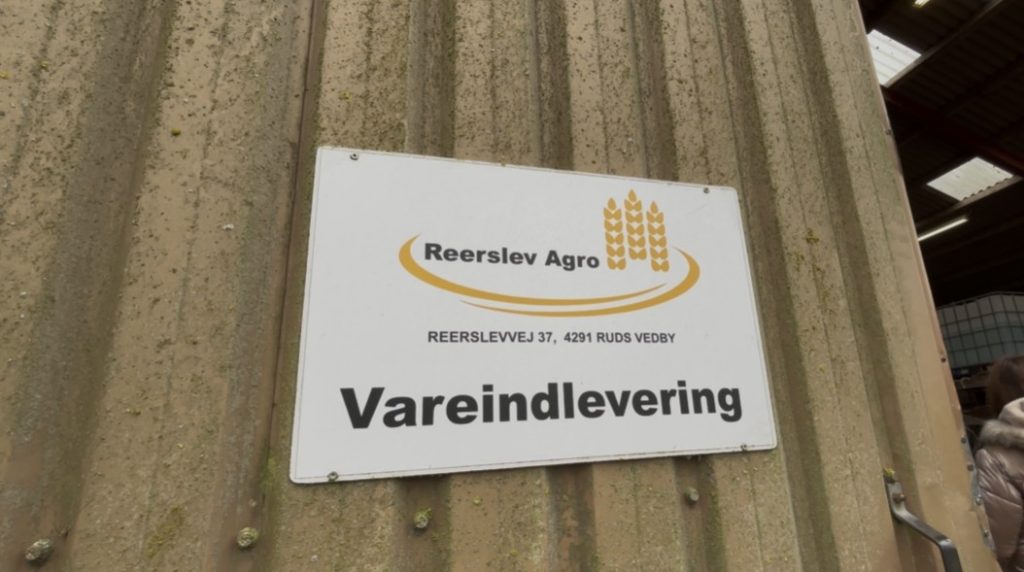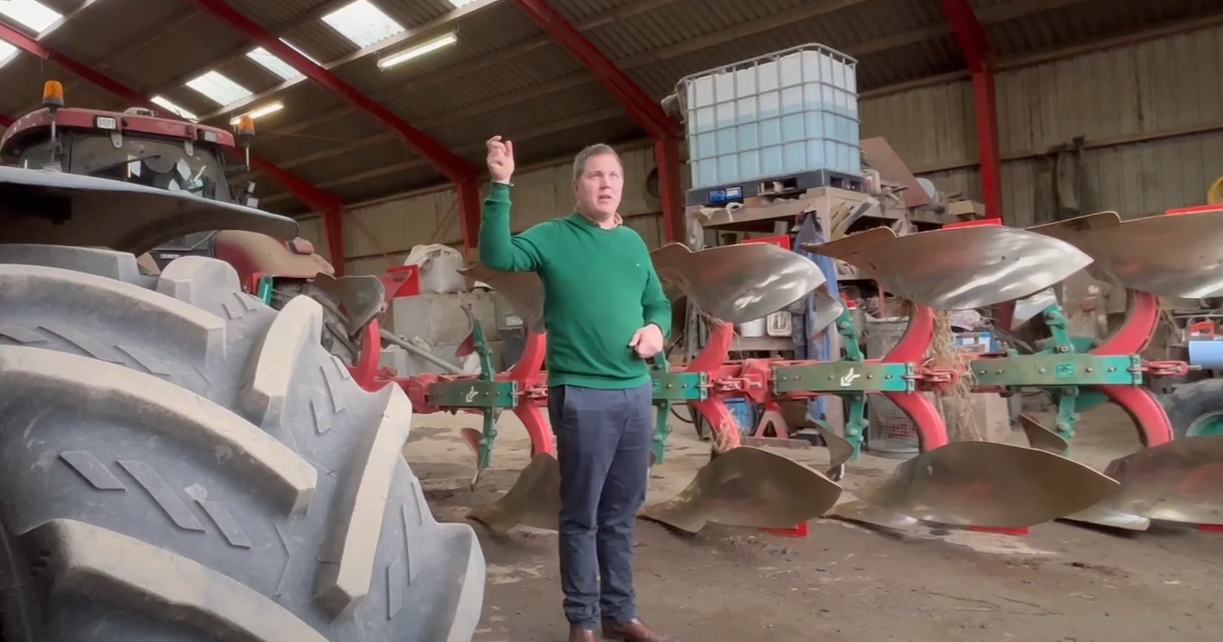Generational renewal in farming is a key challenge across the EU, including Denmark.
Recently, an informal meeting of agriculture ministers took place in Copenhagen, as part of the Danish EU Presidency.
The discussions covered how new solutions can strengthen competitiveness, how to accelerate the green transition in the agri-food sector, and generational renewal – all topics with strong ties to one another.
Agriland recently visited Denmark for a trip focused on the ‘green transition: a Danish perspective on sustainable agriculture’, visiting farms showcasing innovative approaches to sustainable farming and climate-smart practices, and the importance of social and economic sustainability too.
Farming in Denmark
According to the Danish Agriculture and Food Council, 61% of Denmark’s total area is cultivated.
The average farm size is around 83ha, however, more than 20% of the farms exceed 100ha of land, figures from recent years show.
Many farms produce crops, and the dominating field crops are cereals.
Most of the cereals, 85%, are used for animal feed.
The Danish climate is suitable for seed production, and more than 60% of all grass and clover seeds in the EU are produced in Denmark.
Generational renewal
Uncertainty around prices and profitability along with accessing land are among the challenges for young people entering farming in Denmark, according to 34-year-old arable farmer Frank Keinicke Nielsen.
In Ruds-Vedby, located around an hour from Copenhagen, Frank runs a farm of approximately 340ha.
He represents the second generation in the enterprise.
Having helped out since 2017, Frank has been in the process of taking over the farm from his father in more recent years.
In 2013, Frank trained as a farmer at an agricultural school.
In 2013/2014, he worked for nine months in Australia. He trained as a production manager in 2016.
In 2017, he finished as an agrarian economist and started working on his father’s farm, and in 2022 he started the generational change with Reerslev Agro and founded its own company.
The farm was originally established by his father in 1994, and the transition to Frank’s ownership has followed a special transfer scheme, taking over the farm in a parcel leasing system from his parents.
While he officially bought the farm from his father in 2022, he currently leases most of the land from him, allowing for a gradual takeover rather than purchasing the entire property at once.
Frank plans to take over the entire family farm by 2030.
Crops
Frank said he combines traditional and modern farming techniques for healthy, resilient crops.
He applies innovative practices such as mixing wheat varities to reduce crop disease and promote sustainability.
His farm produces wheat, rye, canola, peas, spinach, and grass seeds.
On average, although it depends on the year, he produces around 100ha of wheat a year, 70ha of barley, 60ha of canola, 30ha of grass seeds and 15ha of rye.
He normally trials a new crop each year to learn something new, he said.
A biogas plant in Kalundborg in Denmark converts sludge/residues from insulin and enzyme production at Novo Nordisk and Novozymes into biogas, which is subsequently upgraded to bionatur gas.
After degassing, the biomass is used as fertiliser on fields such as Frank’s.
Frank said he works the farm full-time with the help of a student and his father also occasionally helps out.
Frank plans to acquire more farmland and expand his business.
In doing so he hopes to create jobs, scale operations, and give himself more flexibility to take breaks.

Frank said that a particular focus of his is engaging others with the farm. He has organised open agriculture days at his farm, where he invites locals to learn about crops and farming practices, including the responsible use of pesticide.
He believes farmers must actively communicate their work and values to the general public, to ensure there is understanding and long-term support for agriculture.
Young farmers in Denmark
Price uncertainty for produce and access to land are big challenges for young farmers in Denmark, according to Frank.
He said that in his general area, it is expensive to buy a farm and there is not much land available.
If there are farms for sale, arrangements are often made directly between farmers, Frank said.
He believes there is a lot of interest among young people in farming and he commends the standard of agricultural education in Denmark.
According to the Danish Agriculture and Food Council, becoming a trained farmer takes from between two and six years.
It is necessary to be well-educated to manage a large farm professionally, the council said.
Danish farmers are also passionate about knowledge transfer and adopting new systems and solutions.

